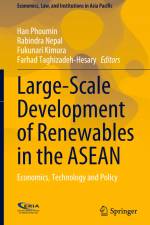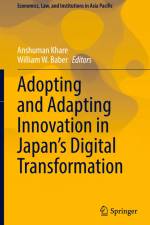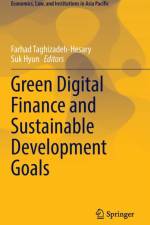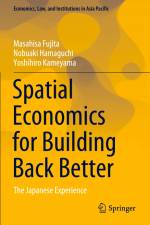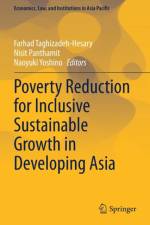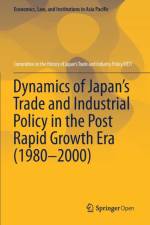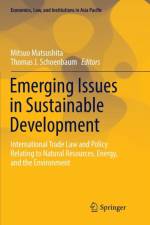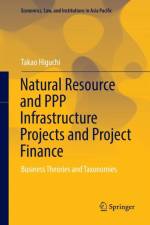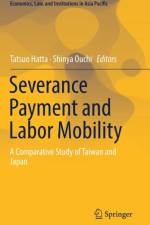av Farhad Taghizadeh-Hesary
1 341
This book aims to fill the literature gap on digital instruments and FinTech in enhancing green finance. Technological innovation can increase transparency, accountability, and speed, decentralize the financial system, improve risk management, increase competition, lower costs, improve efficiency, increase cross-sectoral collaboration and integration, and scale up green finance. Artificial intelligence (AI), distributed ledger technologies (DLT) or blockchain, peer-to-peer lending platforms, big data, Internet-based and mobile-based payment platforms, Internet of Things (IoT), matchmaking platforms including crowdlending, tokenizing green assets are potential means to scale up the green finance for achieving the SDGs. The COVID-19 pandemic, the economic downturns, and the uncertainties shrank the new investments in renewable energy projects globally. Low investment in renewable energy projects could threaten the expansion of green energy needed to provide energy security and meet SDG7 and SDG13. Investments in renewable energy projects are scarce because of several risks and a low rate of return. Although several new green financing solutions such as green bonds, green banks, green credit guarantee, carbon taxation, carbon trade, village funds, and community trust funds have been established in different countries, these are insufficient, and alternative ways to finance projects are required. The book provides several high-quality studies on utilizing digitalization, FinTech, financial innovations, and other new technologies to fill the finance gap of green projects to meet the SDG goals. The chapters are written by scholars in diverse countries and regions and include practical policy recommendations.


